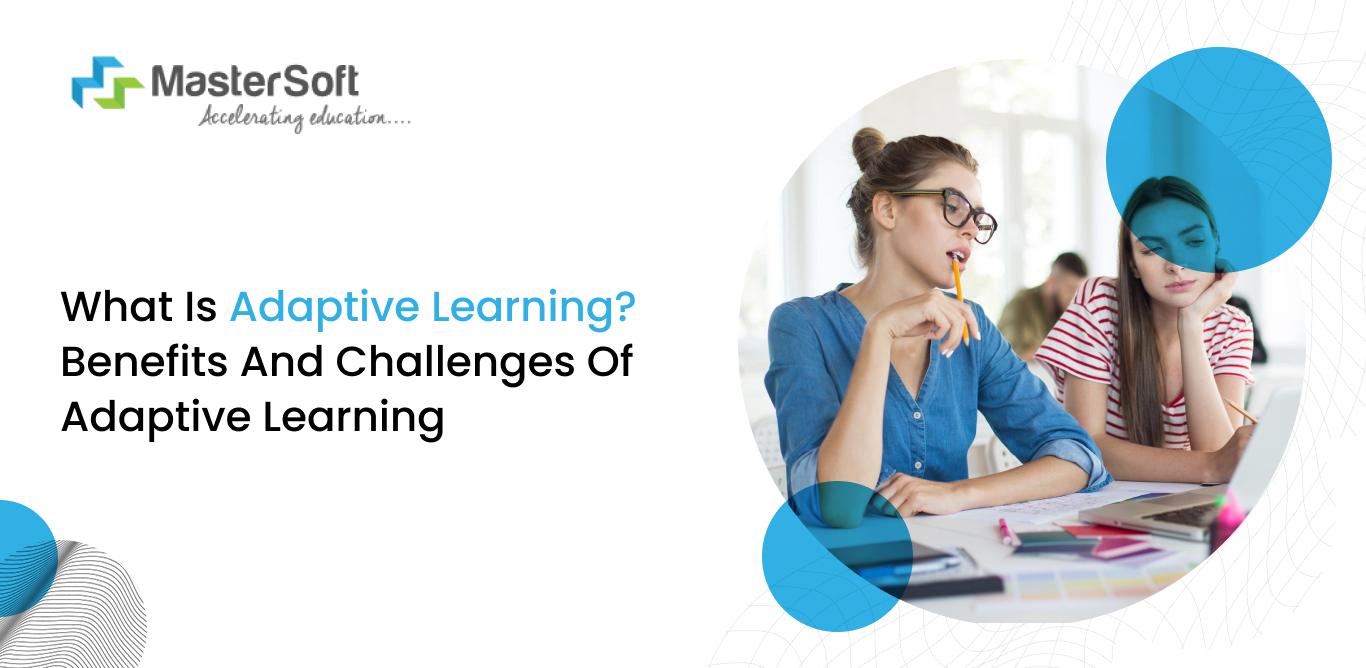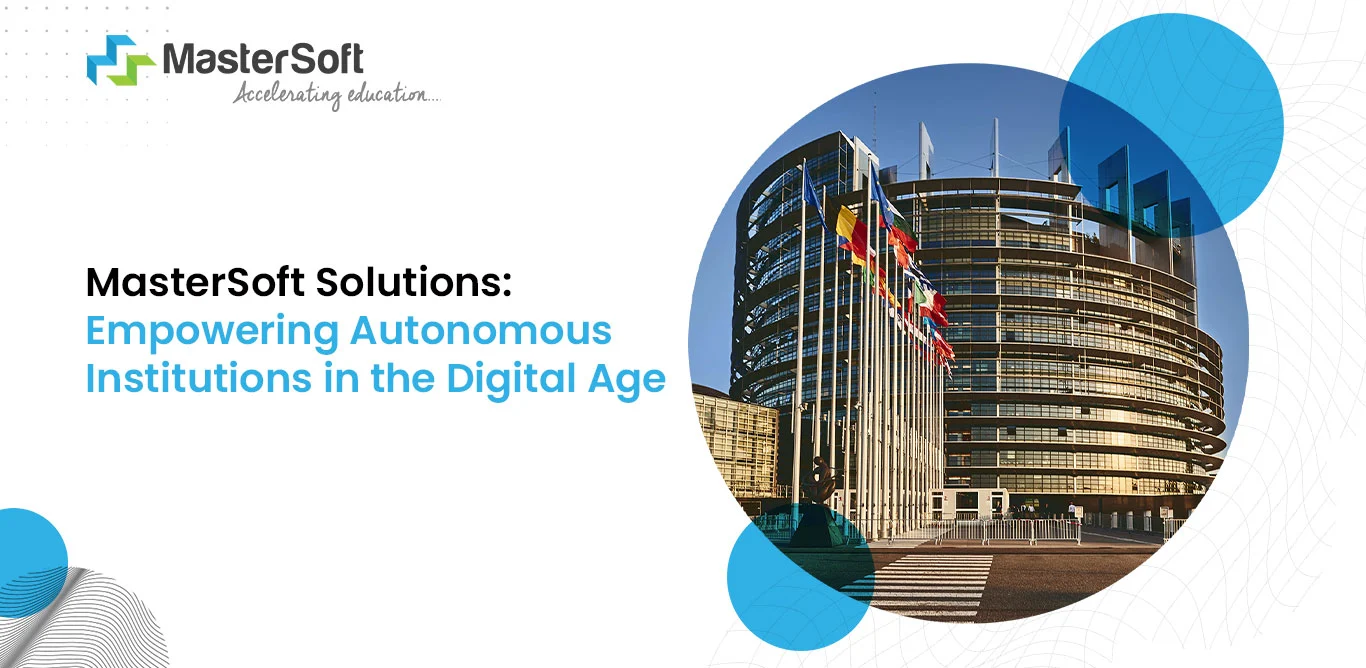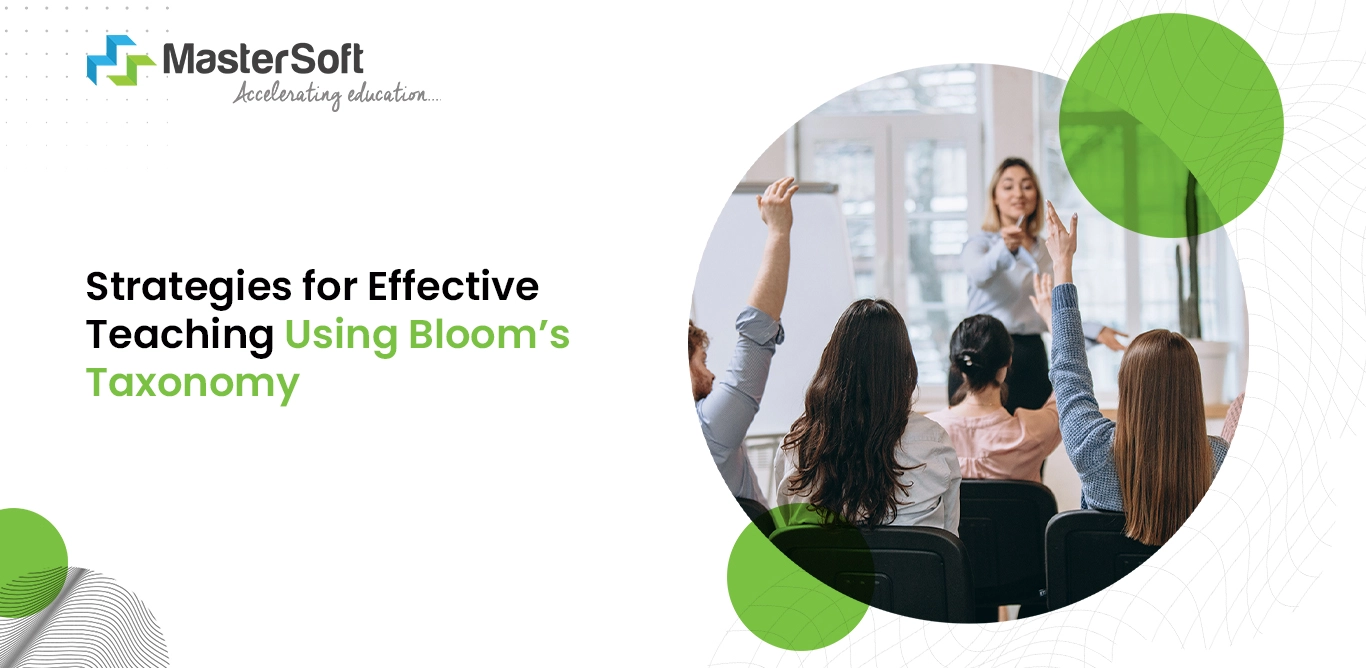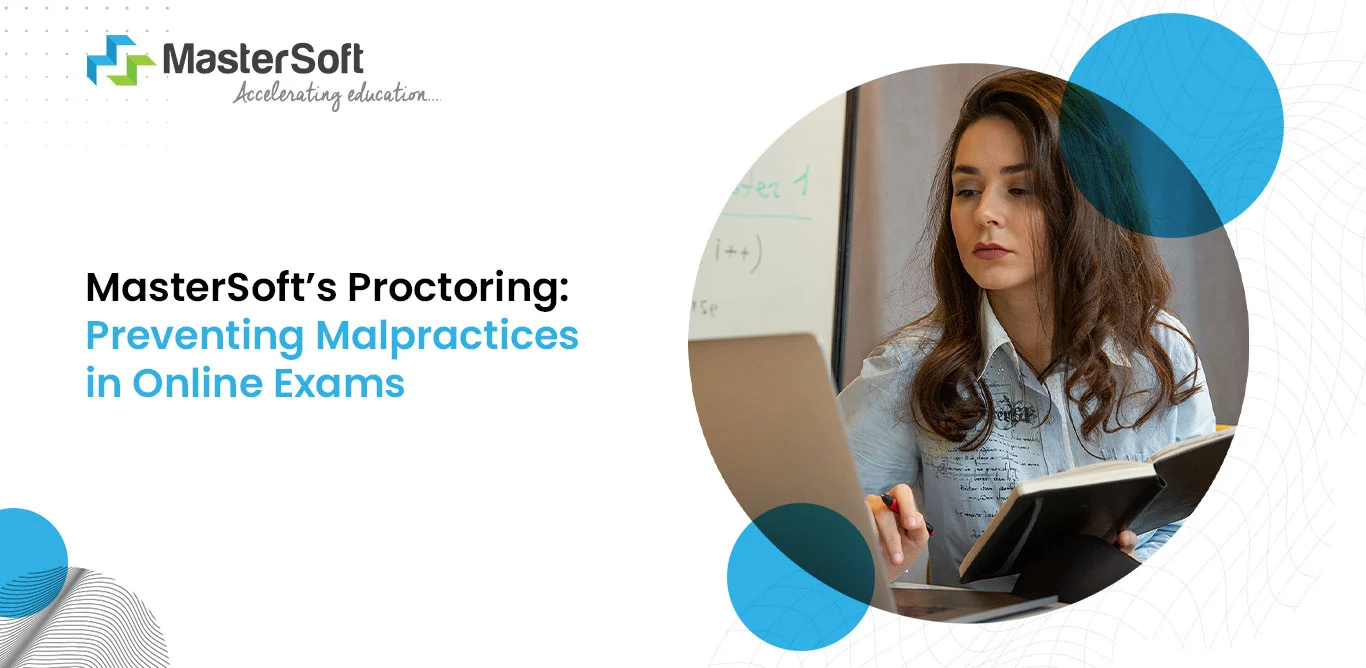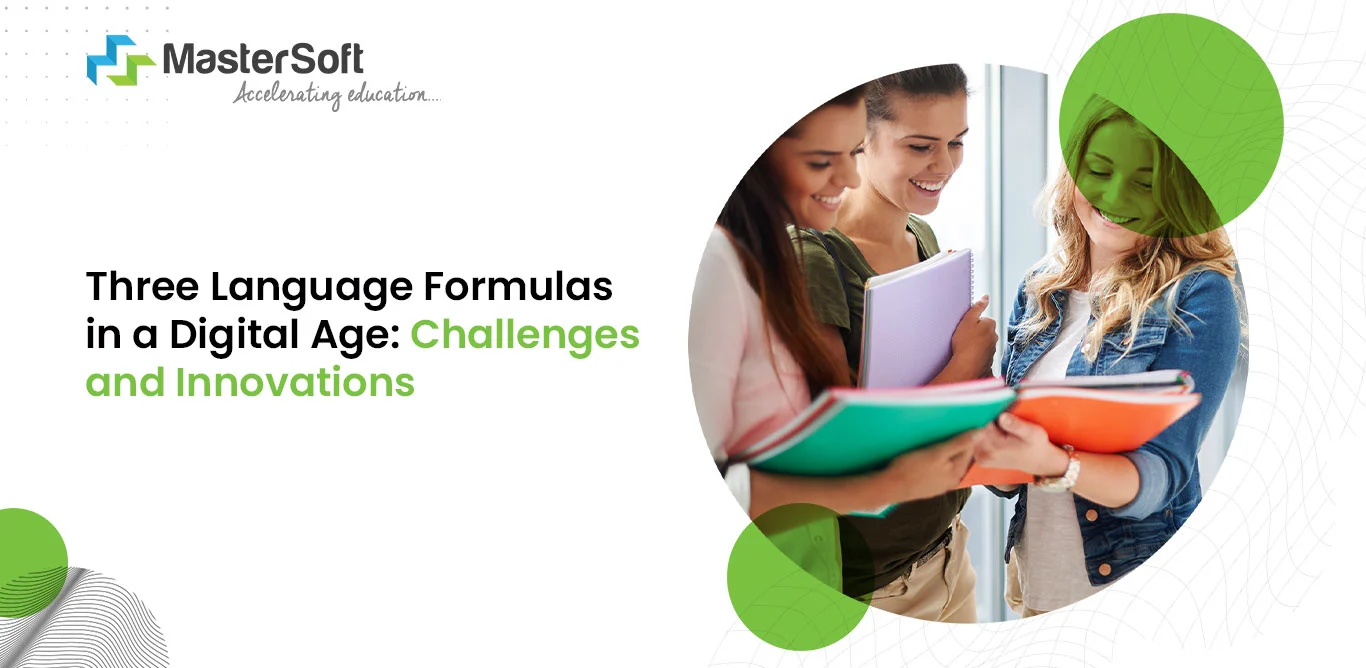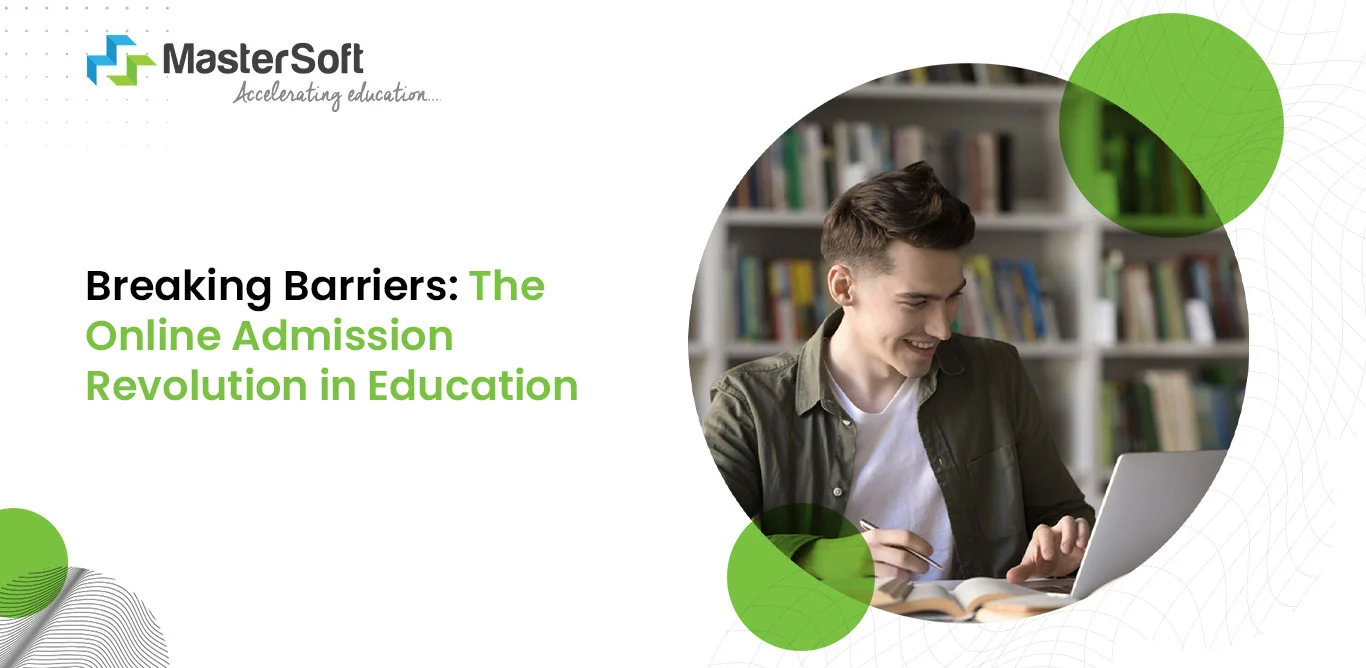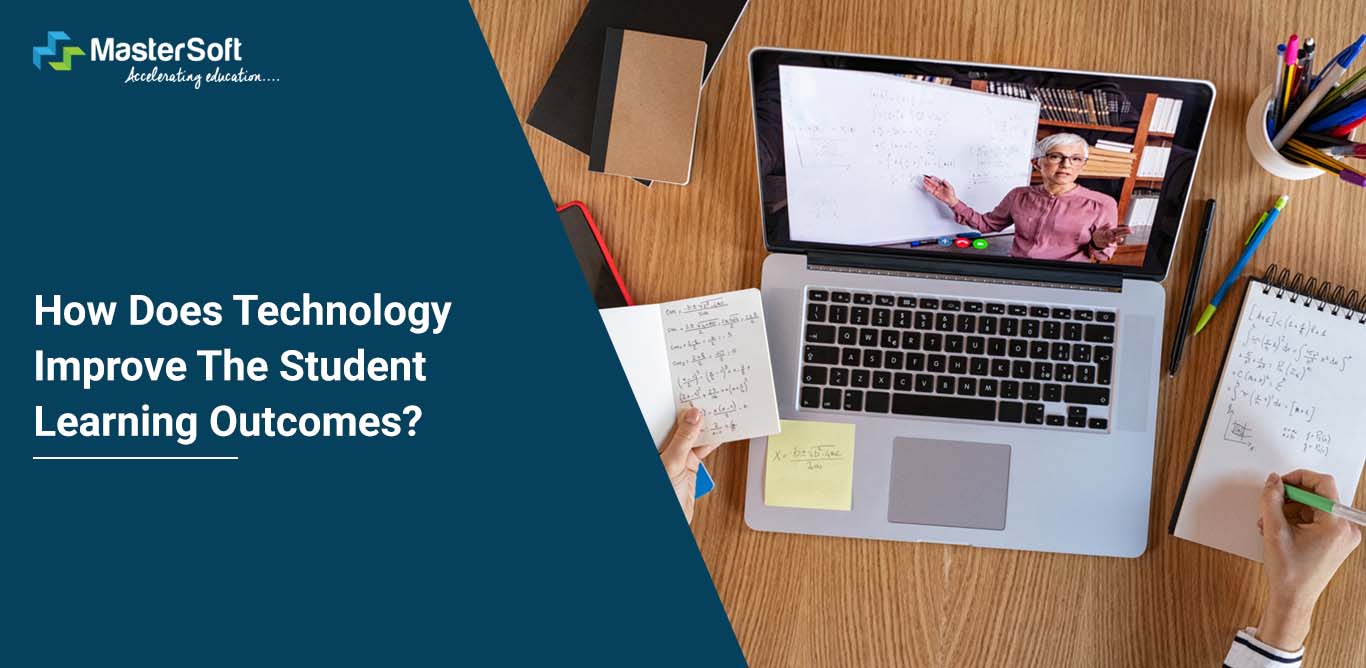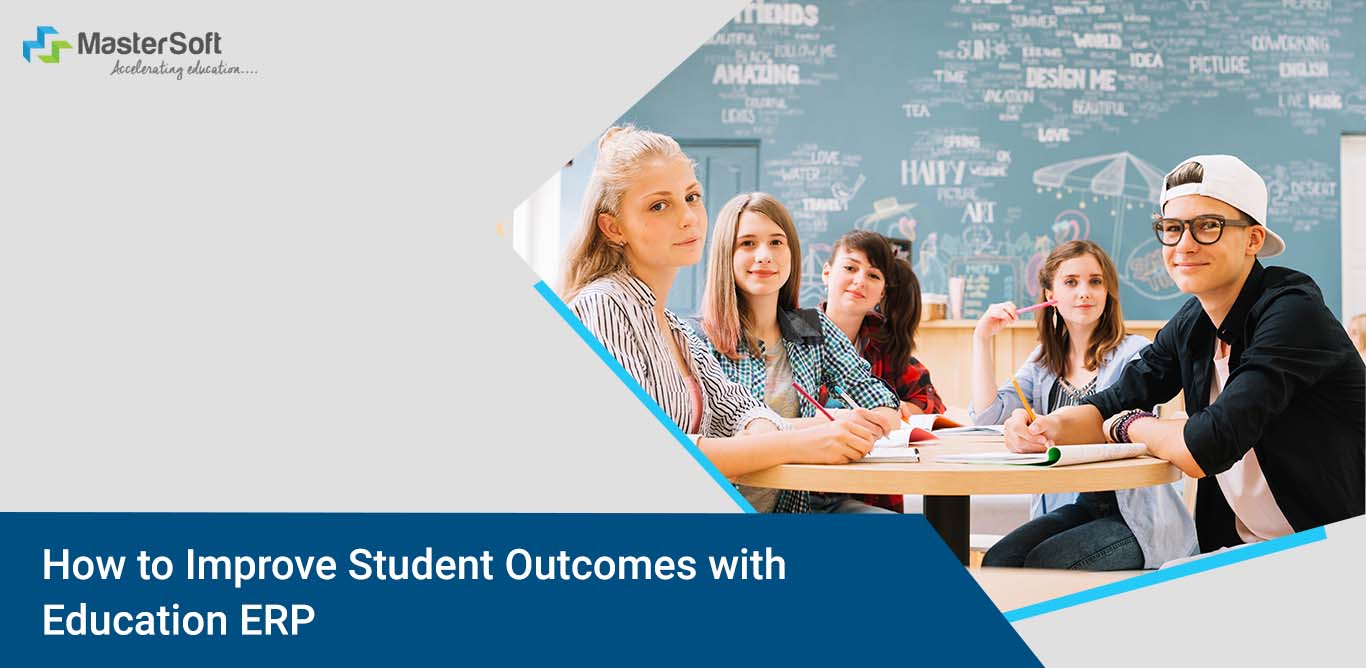26, Sept 2022
In this dynamic education industry, schools and colleges need to keep up with the new learning approaches. They need to create an atmosphere which promotes learning at one’s own pace. Now is the time that institutes should adopt adaptive learning to assist their students learn better. Since the COVID-19 pandemic, the edTech sector has substantially grown and new concepts have gained impetus. As each learner is different and their pace of grasping knowledge is not similar, adaptive learning can help to create a personalized teaching experience.
What is Adaptive Learning?
Adaptive learning, as the name suggests, is an approach where the coursework progresses in compliance to a student's learning capabilities. It is a method which is increasingly using different technology such as Artificial Intelligence (AI), Machine Learning (ML) or Computer Algorithms to bring about a strong interaction with the student and learning activity. It proves to be a vital tool in online learning as it focuses mainly on the student’s grasping pace and is customized to an individual student.
Key Benefits of Adaptive Learning:
Adaptive learning has now become a major part of the edTech industry as it proves to be a suitable tool for educators and parents to know more about a student’s thinking and solving capabilities.
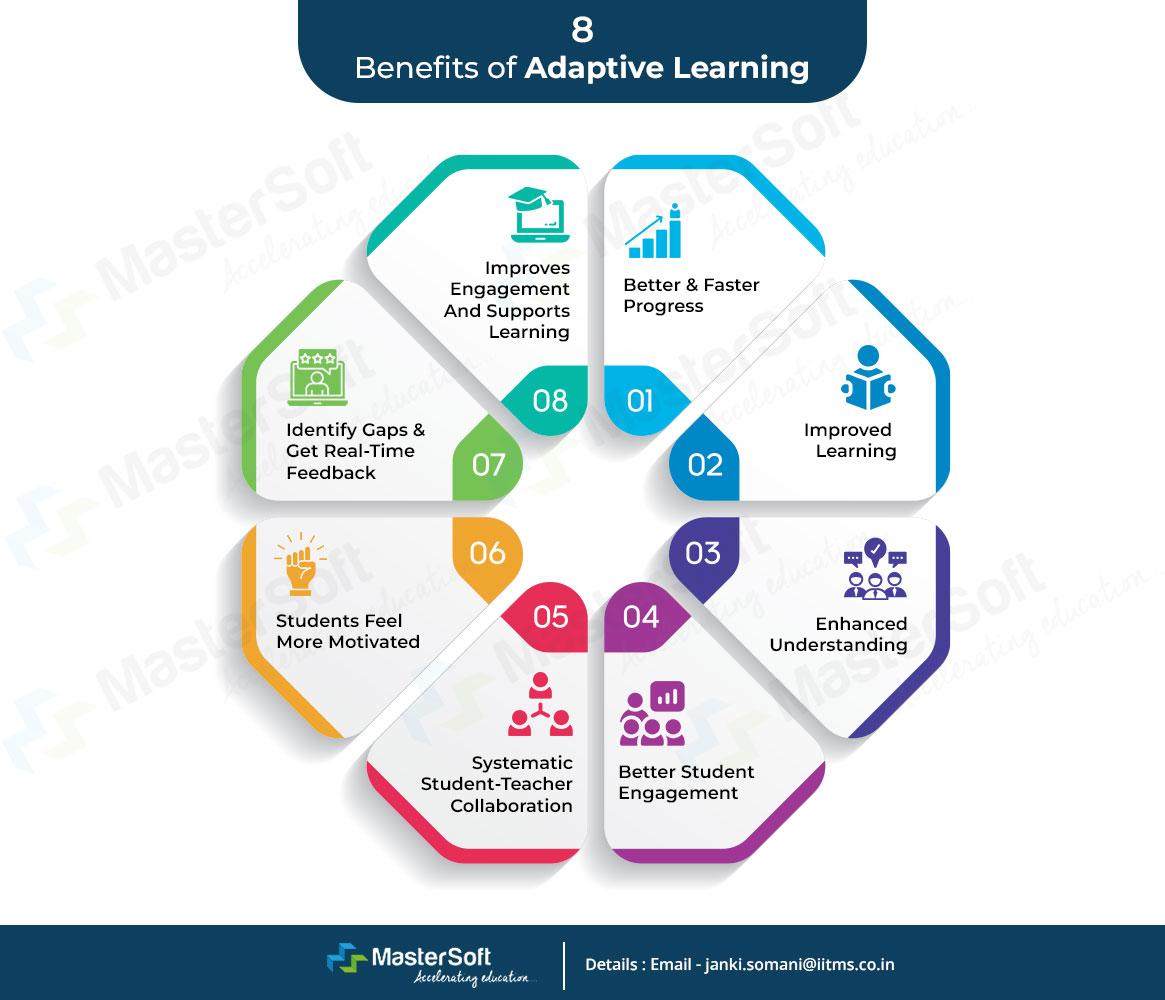
1. Better & Faster Progress
With rising student enrolments and increasing classroom size in the traditional school system is one of the issues students face while learning. This can be overcome by adopting adaptive learning. Here various educational platforms and apps can be used by instructors to segregate students into smaller groups of similar learning potential, thereby giving enough attention to each group.
2. Improved Learning
The best part of adaptive learning is its capability to understand student’s learning graphs and evaluate their areas of improvement and strengths in real-time. This creates a room for optimization of education apps and customizing them, which can enable students to learn a topic thoroughly before moving ahead with complex concepts.
3. Enhanced Understanding
In a conventional teaching setting, it is difficult for the educators to ensure that all the students have comprehended the topic and are on the same level of understanding. This can be prevented with advanced technological apps where a personalized course of action is created. This further enables students to learn at their own pace and they are better equipped to understand a new topic.
4. Better Student Engagement
Students these days are surrounded by technologically-advanced devices. Adaptive learning technology can leverage upon this student’s love for high-tech. Students these days engage better with their mobile devices, hence, educational apps can assist them in learning through tailored educational programs. These apps provide an excellent level of immersive experience which makes learning fun and an engaging process.
5. Systematic Student-Teacher Collaboration
The key advantage of adaptive learning is not limited to mobile screens, but also can extend to blended learning. Educators can have complete access to their student’s academic performance on these apps. They have all the required insights which they require to address in a one-to-one session. Moreover, it promotes teachers in imparting education in a more practical and efficient manner.
6. Students Feel More Motivated
Adaptive learning offers students more control over their learning process, making them feel more empowered. Also, they have the flexibility to learn a suitable topic at their own pace, without waiting for other students who are lagging behind or the peers who are way ahead in the course. This approach boosts their confidence and augments their learning.
7. Identify Gaps and Get Real-Time Feedback
The key motive behind adaptive learning is that the approach is mainly focused on student knowledge gaps, so identifying them is an essential part of the strategy, which helps the educators work on pain points. Also, this method enables to give real-time feedback to students by analyzing their academic performance and provide additional support wherever needed.
8. Improves Engagement and Supports Learning for Diverse Groups
Adaptive online learning makes students engage with their peers and teachers to learn better, clear doubts, and participate in quizzes & discussions. With increasing diversity among students belonging from different cultures and countries, adaptive technology overcomes the language barrier and ensures suitable learning content material is provided to everyone.
Major Challenges of Adaptive Learning
Adaptive learning comes with its own set of challenges which can limit its adoption among educational institutes. Some of them include
1. Convincing Educators
Many educators are not willing to change their teaching mode as they are not properly trained. Also, teachers generally have a strong opinion that modern technologies leave students at the mercy of unreliable algorithms. They believe that these apps have a fairly limited scope of personalization and thus, if learners have difficulty excelling in a concept, they might get demotivated easily.
2. Finding Suitable Resources and Solutions
Offering education via adaptive learning can be expensive without proper awareness and research. Designing an adaptive learning platform is not just cost-intensive but also demands the right kinds of tools. With many vendors in the market, institutes are taking a risk and using adaptive learning technology which still lack any evidence of effectiveness.
3. Choosing the Right ERP Provider
Educational institutes are required to find a suitable team of developers or ERP providers who can help them shift towards adaptive learning by offering easy-to-use AI-based educational tools. With many adaptive learning platform providers, selecting the right vendor can be time-consuming and stressful.
4. Dealing with a Large Amount of Data
Engaging with adaptive learning platforms and educational apps can put the educators with an additional task of analyzing the data. The faculty has to make deductions from the graphs and visual representation patterns generated. They need additional training to effectively analyze data and make conclusions.
5. Completely Reliant on Adaptive Learning
Educators may confuse adaptive learning as a total replacement for their teaching, however, the role of teacher is equally essential. Algorithms cannot always measure all aspects of learning. The faculty still plays a major role in designing and analyzing the information the adaptive learning technology generates and assists students during the learning process.
6. Creating a Content Library
As adaptive learning offers tailored-based content for students, the educators are required to create multiple iterations for one course topic. Some versions will focus on active learning, few would be visual, others would be more passive, while others will make use of more text. Making such different versions of content to cater different student learning capability can be tiresome for faculties.
7. Dealing with Reaction from Stakeholders
While first introducing adaptive learning, what will be the reaction of students who will learn by thousands of algorithms with little input from a teacher? How will the educators react if they feel they are being replaced by adaptive learning platforms? Also, how will parents reach when they see their children being tutored by a learning material depended on algorithms? These questions can limit the adoption of adaptive learning technology if their insecurities are not addressed properly.
8. Going Ahead Without Confidence
As adaptive learning is a new approach, and with insufficient research studies for its effectiveness, there is some ambiguity among the education sector to accept this mode of education. Many institutes, without complete awareness regarding its implementation have spent a great deal of money developing algorithms for online adaptive learning platforms or the purchase of them. This has further created confusion and limitations on the adoption of this approach.
By considering the above advantages and challenges in implementing adaptive learning technology, the institutes can make a calculated decision and focus on supporting the teachers in offering the best customized learning experience for every single student. It helps them scale the benefits of learning to more than hundred students at a time.
Also, combining blended learning which makes use of learning activities of different kinds to synergistically achieve high learning outcomes, the institutes can benefit even more. By designing a detailed adaptive technology infrastructure which supports online learning, the activities can be molded to adapt in response to a student’s learning capability.
Moreover, navigating to new adaptive learning technology can be difficult, whether the students are in the classroom full-time or following hybrid learning schedules, or fully remote, adaptive learning ensures to achieve the best student learning outcomes.
The Quickest, Easiest, and Most Trustworthy Educational ERP System to Meet Your Institution's Needs
Mobile: 08448010216
Email:info@mastersofterp.com

